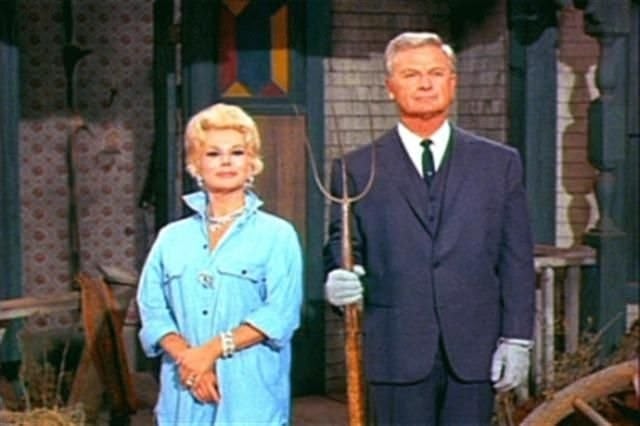Republicans propose eliminating profit tax on home sales. Will this make homes more or less expensive?

Photo above - Great news, Lisa! The government eliminated federal taxes on homes. Now we can buy that idyllic country farmette we've always dreamed of.
If you’re lucky enough to own a home, but decide you need to sell it, you could end up paying a capital gains tax up to 20%. The current rules are complex, and some sellers can escape the penalty, but others get hit hard. Representative Marjorie Taylor Greene (Georgia) has a plan to fix all that. Completely end the tax. (see link below)
Okay, this does have some caveats. It has to be your personal residence – no flippers allowed. And it can’t be some expensive vacation second home. Primary residences only. Presumably this change will benefit senior citizens who want to retire to Florida and become Burmese Python or gator wranglers in their golden years.
So far so good. I don’t want obnoxious home flippers like Tariq and Christina to reap a windfall by snaring some eyesore, repainting it, and putting down new sod. They made mega profits in 90-120 days on each California home they flipped this way. Average size about 1,600 SF. Sorry Tariq and Christina, you’re part of the problem.
In theory, letting retirees keep an extra 20% of their home’s sale price would make it easier to pack up and move to the sunbelt. They get more cash back after closing the sale, to help with things like Medicare premiums, electricity, eggs, and rising HOA fees/property insurance premiums.
Okay, so more homes be listed for sale. Increased supply. Prices might go down.
Or they might not. Hear me out.
If I’m some DINK (double income, no kids) millennial and the stock market is starting to look risky, I might buy a house – or a bigger house – to shelter myself from the 20% capital gains tax that would apply to any wall street investments I could have put my money in. This seems like a no brainer – 20% tax on my Apple or Amazon stock , or zero tax on my house. Can you decide which will end better? This is not a trick question.
So, money that MIGHT have gone into the US stock market (which is in a near-historic bubble, by any measure) could pivot and go into a bidding war for that 4 bedroom, 3.5 bath 3,000 SF home on half an acre. Those things go for 3 million in NY or California. About $500,000 in a normal state. But I’m guessing most of the DINK’s with big brokerage accounts live in New York or California, so those are the markets where people might continue to bid up home prices.
This post is NOT a condemnation of MTG or anyone else's plan to reduce the tax burden on retirees and middle-class earners. I'm trying to encourage a debate on how tax policy might actually affect us in the real world.
If there are any economic historians here, please remind us about what happened to stocks when the capital gains rates were reduced from 60% to 28% and then to today’s 20%. Did that make stocks go up, or go down? Could that happen with home prices, too?
I’m just askin’ . . .
MSN


